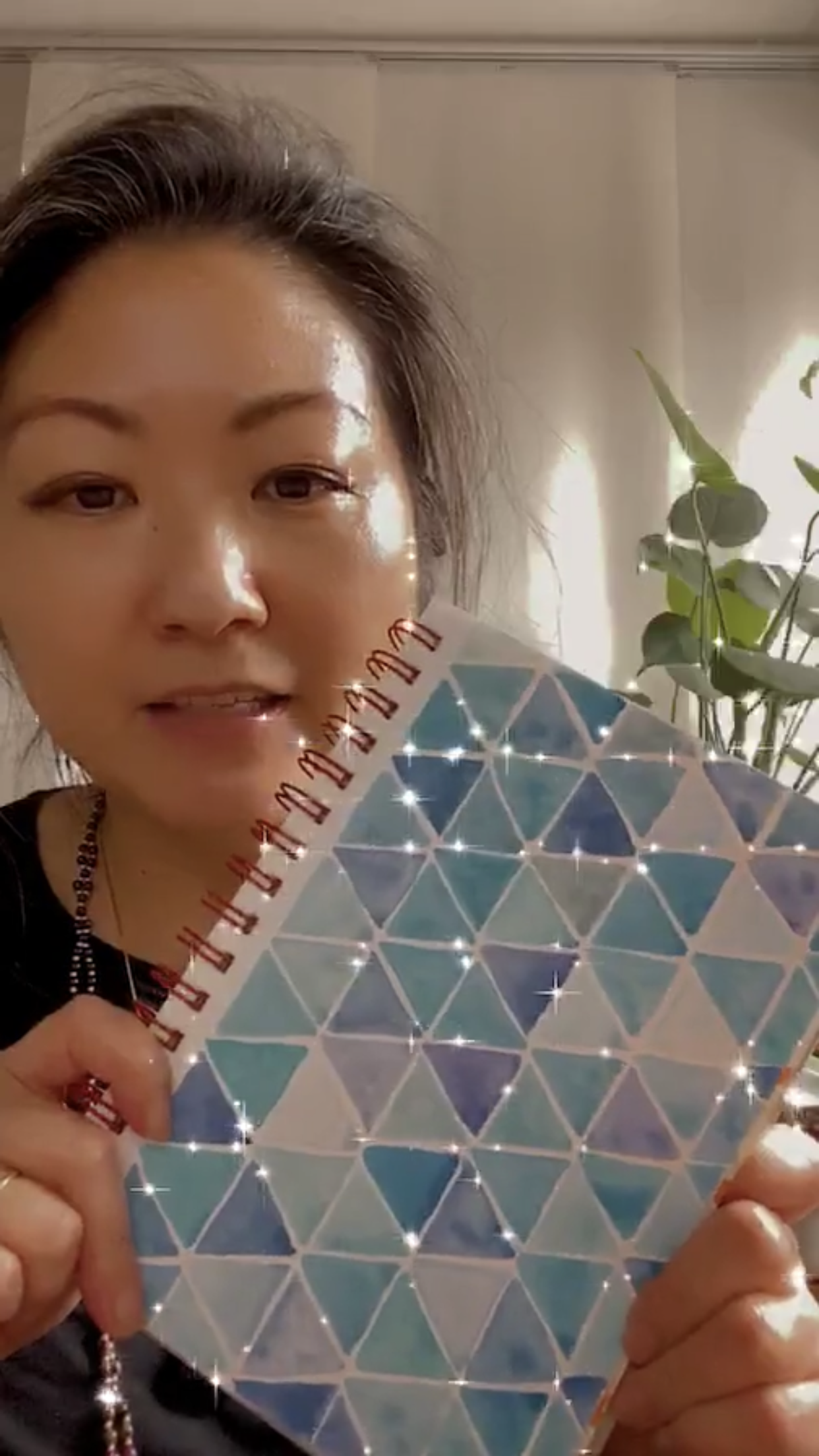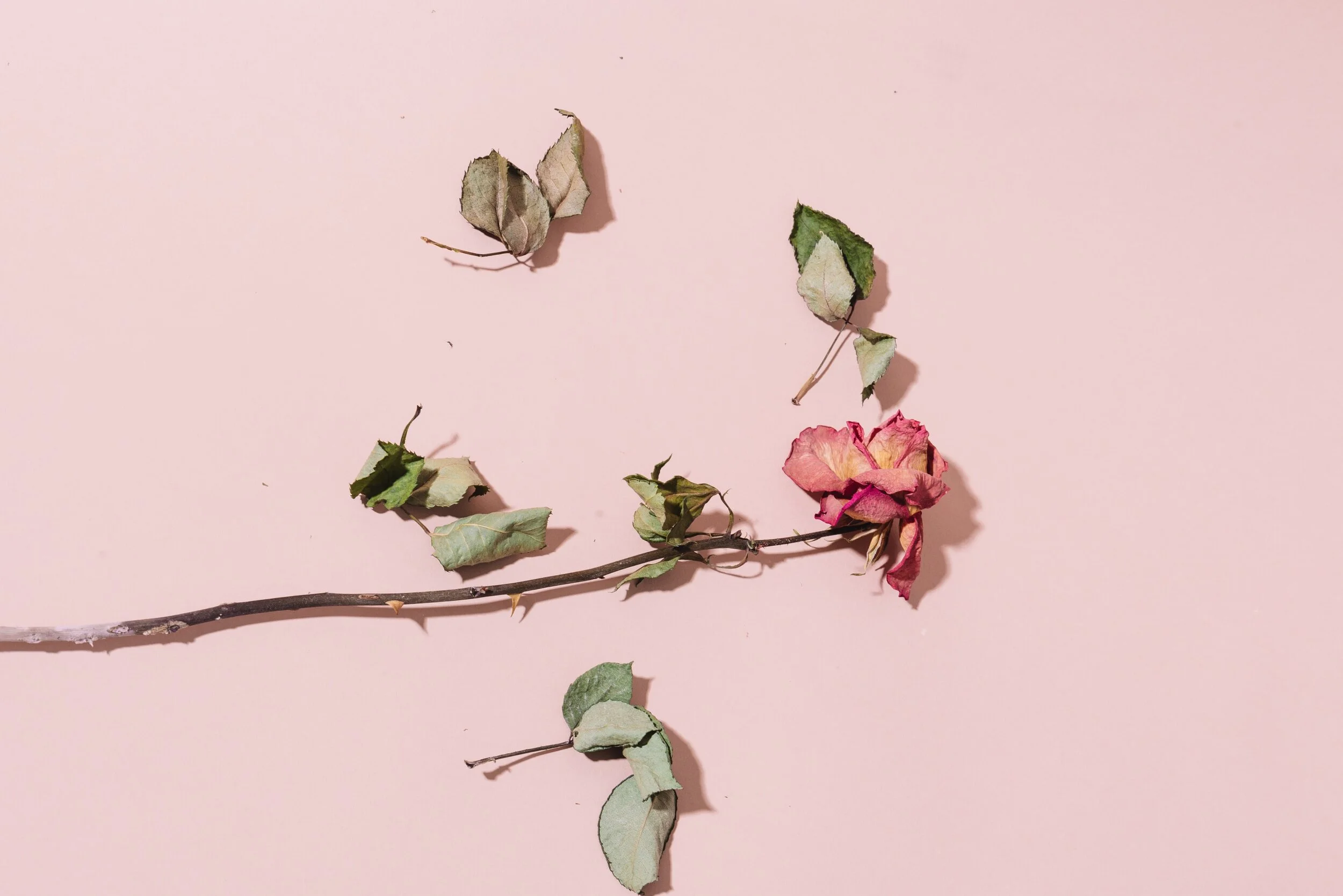Photo by Fallon Michael on Pexels
You may have noticed versions of the feng shui bagua map that have an area called “creativity”. In the BTB tradition that I practice, we call it “completion” or “children” rather than “creativity”. The Chinese word for this area is dui. Dui is associated with output and offspring, but I believe creativity is more than just what you put out into the world. Creativity can be found in all areas of the bagua map. Zhen, for example, which is related to new beginnings, may be the most relevant area to focus on if you’re starting a new creative project.
One way to work with your creativity and the feng shui bagua is to work with the bagua colors, not just in your home, but also in your creative practice. Each of the areas, or guas, as well as the center of the bagua, is related to a different color. You can either start with an area of life you’d like to work on, or start with a color that you’re drawn to.
If there’s a specific area of the bagua you want to work on—maybe you’re ready to invite in a partner and want to work on your relationship area—notice the color of that area and start to play with it. I’ve been working with watercolors to explore different colors and areas of the bagua. For example, I played around with oranges and reds here, which are related to the recognition area of the bagua:
Here I went with blues and greens, which are connected to family and new beginnings:
Working with the color of a certain bagua area helps to activate that energy in your life, and it also activates creativity. You can use watercolors like I did, or you can use colored pencils, markers, or any other medium you’d like!
You can also go the other way, and start playing with whichever colors you’re drawn to. This might give you a clue as to what area of life you may want to pay attention to. If you’re drawn to dark blue, for example, you may need to work on your knowledge, skills, and self-cultivation, since dark blue is related to this area of the bagua.
As you’re playing, remember to have fun! You don’t need to have a purpose or an end goal—your art isn’t going in a museum. You can even let it go, like a sand mandala, and give it away when you’re done.
If you’re interested in learning more about how creativity relates to feng shui, be sure to check our podcast episode on feng shui & creativity!
If you’d like to learn more about feng shui, check out Mindful Design Feng Shui School at: www.mindfuldesignschool.com







